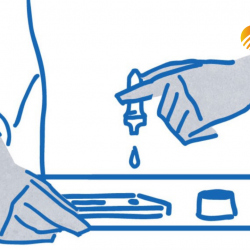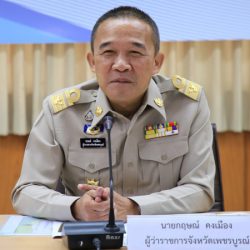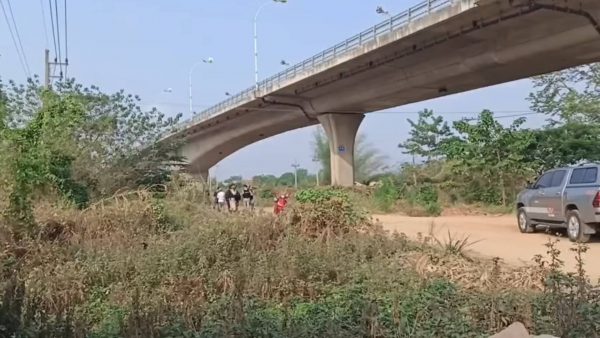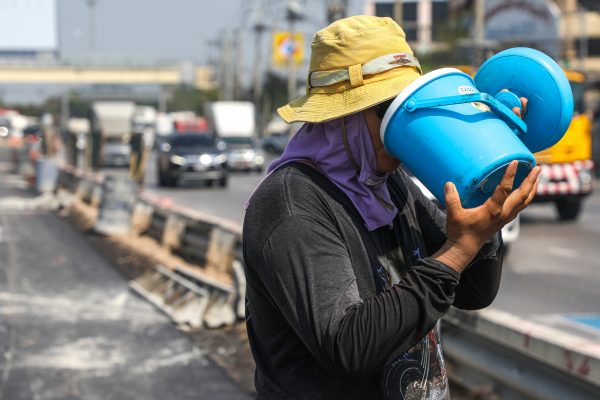Thailand Shifts Strategies, Joins COVAX, Strengthens Public Health to Battle Covid-19
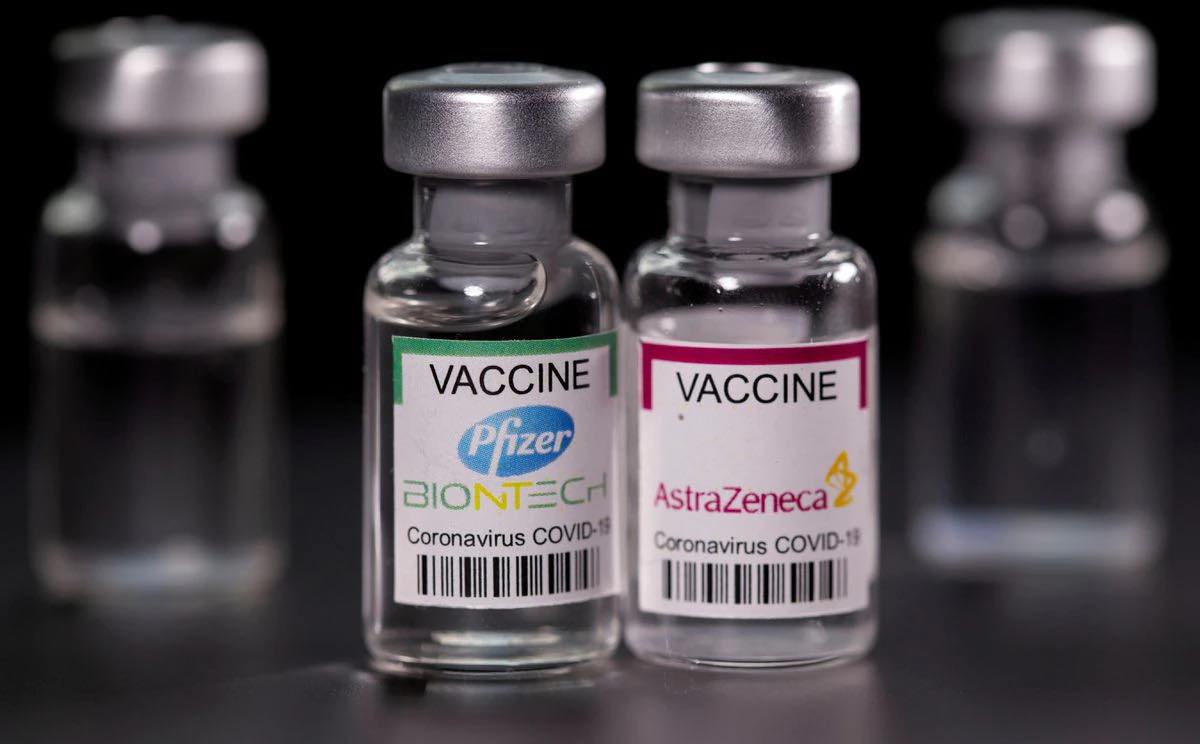
With funding from the European Union (EU) and new strategies, Thailand hopes toget infections and mortality rates from the coronavirus down in the next couple of months
To this end, Thailand is negotiating to join the Covid-19 Vaccines Global Access (COVAX) scheme, according to Dr Nakorn Premsri, the director of the National Vaccine Institute, who explained that this is to manage risks in 2022 and not a “back and forth” decision as critics have said. “The decision is part of the government’s risk management plan to prepare for the changing situation due mainly to virus mutations,” he said.
“Not all ASEAN countries get free vaccines. We’re an upper middle income country and we have to pay for it. We didn’t want to join at first because we didn’t know when we’d get the vaccines. But now that the producers have already supplied sufficient vaccines to the rich countries and there have also been donations, the situation has changed,” he said.
So far, only some 138 million doses have been delivered to 136 countries under COVAX, he added. “So, had we joined, we wouldn’t have received more than one million does.”
Dr Nakorn was responding to journalists at the inaugural event for cooperation between the EU, the World Health Organization (WHO), the Ministry of Public Health, the National Vaccine Institute, and World Vision Foundation to support the Covid-19 response of the government of Thailand and strengthen preparedness for future pandemics. The webinar event was held on Friday and saw the participation of representatives of all partners and journalists.
Dr Nakorn expressed the view that the criticism of the vaccines was unfair as they had been developed before mutations occurred. On the comparison between Thailand’s success in containing the virus in 2020 and the current situation, Dr Nakorn said that the first-wave measures went well because of good cooperation from all sectors especially the government and the public. “But no matter how good the measures are now, without the backing of the public, we may face an even more serious level of transmission as has happened in other countries.”
The webinar underlines the importance of global cooperation and solidarity at all levels. Not only Thailand’s vaccine chief but representatives of EU and WHO also cited the importance of solidarity as the battle against Covid-19 is a collective goal.
“No one is safe until everyone is safe,” reiterated Pirkka Tapiola, the EU’s Ambassador to Thailand.
The EU is providing €1.9 million (72 million baht) to Thailand for the battle against Covid-19 from 2021-2023. The fund will be for actions that focus on Covid-19 activities such as multi-source surveillance and testing strategies, subnational analysis and risk assessment, risk communication and community engagement, support to the national COVID-19 Immunisation Programmes, and strengthening of essential health services.
“This project is important because the funding is also an expression of solidary between all partners,” said Dr Richard Brown, Health Emergencies programme manager of the WHO’s Thailand office.
“Thailand has done very well. Despite the success, the main reason (for the current situation) is the emergence of new variants. It is my belief that not everyone anticipated what would happen and its impact,” Dr Brown said.
“Ending the pandemic is our collective goal. Human solidarity – humanity working together has never been more important. An end to this pandemic is in sight as long as we remain united against COVID-19,” said Dr Daniel Kertesz, WHO Representative to Thailand.
“I wonder if it is ‘a curse of success’ that caused as to lower our guard and that as a result we are facing a crisis now,” said Dr Chuleepron Jiraphongsa, an expert from the Department of Disease Control.
Dr Chuleepron said the fund would be used to strengthen works in many areas including surveillance and emergency assistance at points of entry, big data on vaccines as well as to further develop the MorPhrom application to get all vaccinated people on the App, an area which require support from the private sector. Another area that needed work was risk communications – something that the ministry is not good at but is very important now given the amount of fake news.
The present strategy, she said, is to focus on the vaccinations for the vulnerable groups to reduce mortality and reduce the burden on the already over-stretched medical services. In the meantime, the EU-WHO assistance will enhance Thailand’s research and development on current and future vaccines.
“Overall, our public health system outside Bangkok is still strong but it will take time for Bangkok to fight the current wave of pandemic. We expect the transmission to decline in the next two to three months.”
By Veena Thoopkrajae

